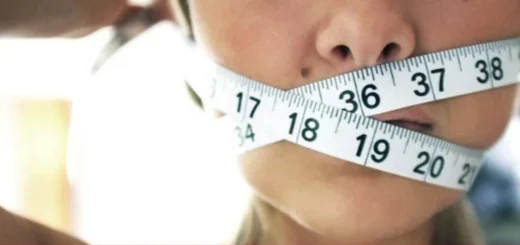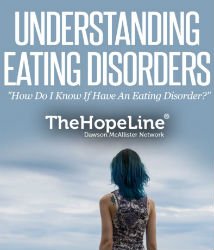How does Bulimia affect your teeth?
What happens:
Each time someone vomits, stomach acid attacks the enamel on the teeth. Frequent vomiting can cause the enamel to completely wear away leaving the pulp and nerve endings exposed. Teeth may appear ‘moth eaten’ or ragged and as well as fixing cavities, most people need whole teeth crowned, which not only is expensive, but will only stay fixed if the person stops vomiting.
Taking Care of Your Teeth:
It is very important to not brush your teeth after vomiting. While it takes the taste away it can cause extra damage to the teeth by damaging the surface crystals on the enamel layer of the teeth. The best option is to wash your mouth out with plenty of water and wait several hours before brushing your teeth or eating anything acidic such as fruit or fizzy drink. This allows the saliva to neutralise the stomach acid which seeps into the surface enamel after vomiting. Brushing your teeth destroys the protective layer of enamel, making it easier for the acid to attack it.
If you absolutely must brush your teeth, just use a brush dipped in water, avoid toothpaste, especially smokers toothpaste.
You can also minimise the effects of the acid by eating cheese or drinking milk – however if these foods are likely to cause you to go into a panic binge, just settle with rinsing your mouth out with water.
Seeing a dentist:
Although it may be embarrassing going to the dentist regularly it is very important that you do so. Try to be honest with them so they can help you in saving your teeth. Plan to go for a check up at least every six months and more often if you are bingeing and vomiting very frequently or have bleeding gums.
If you are seeking help for your bulimia, your clinic may be able to recommend a sympathetic dentist in your area.
References: Barbara French. (1987). Coping with Bulimia: The Binge Purge Syndrome. United Kingdom. Thorsons.










Recent Comments